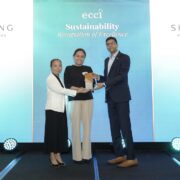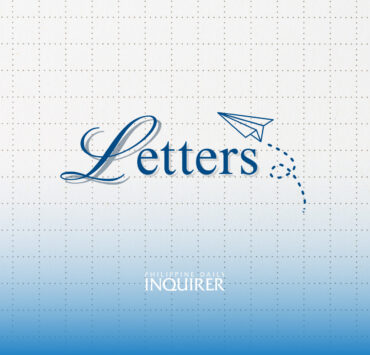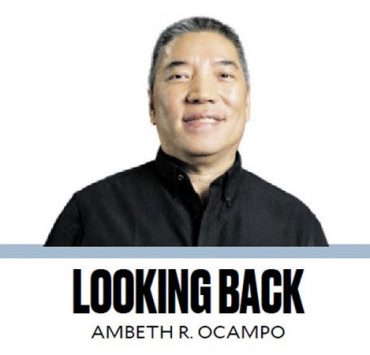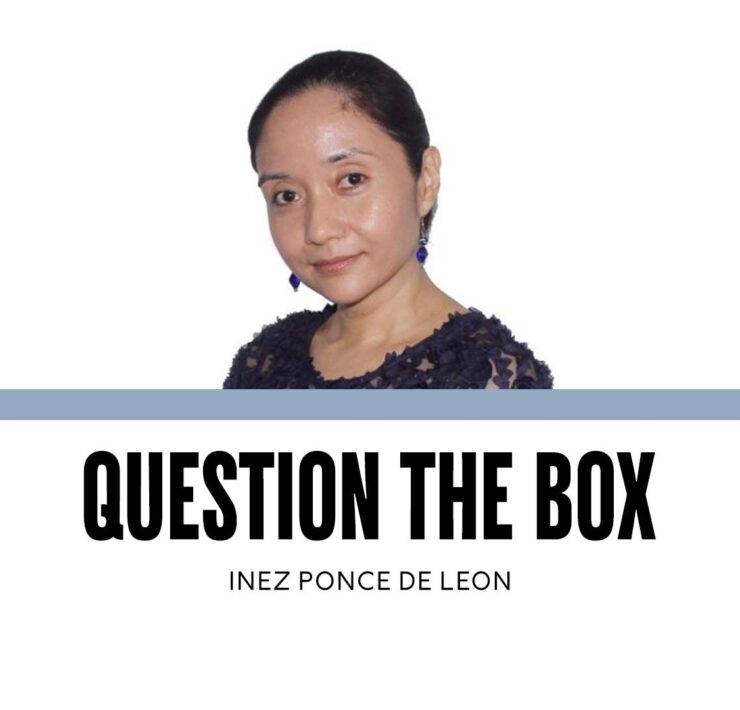Truth-telling, fact-finding
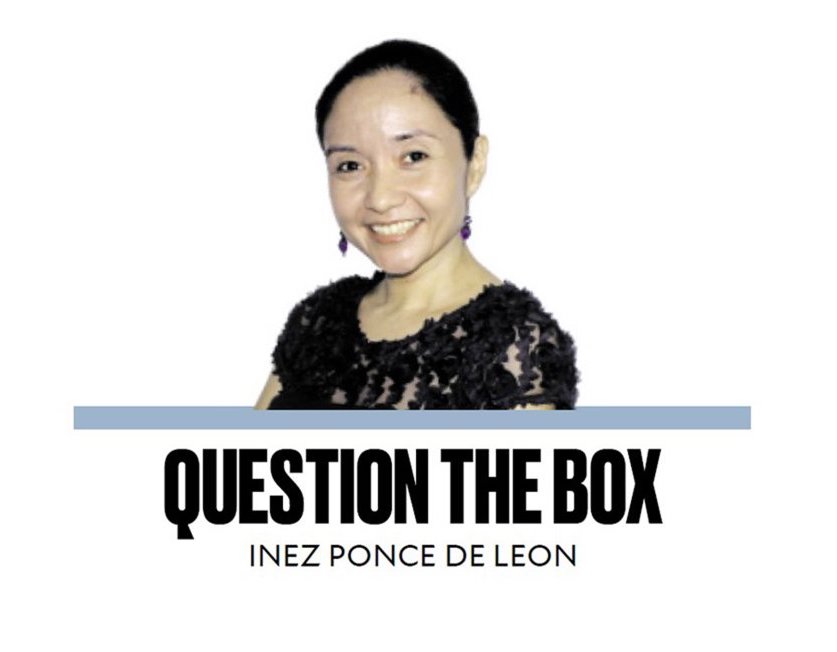
This week, our department’s undergraduate program will undergo accreditation under the Asean university network (AUN), a group of universities across Southeast Asia that aims to foster collaboration and enhance education in the region.
Any accreditation process is difficult. In our case, it took years to document our work at the department, the students we produced under the curriculum we had crafted, the research we carried out, the administrative procedures we worked through, and the facilities that allowed us to both instruct students and produce content. We will now host external assessors onsite for the final stage of the accreditation process.
The ritual, in general, is common across all schools. Mention “accreditation” to any student, and you’ll probably get a story about how the school received a new layer of paint on its once decrepit walls, how classrooms suddenly got new chairs and tables, how the once unusable bathrooms were suddenly clean.
Accreditation, when viewed from this perspective, feels like we’re breaking out the marching band and painting over our mistakes.
The accreditation process, however, when viewed from the inside, is far less about cosmetic changes. It forces us to take a long, hard look at the work we’ve done. In the case of the AUN accreditation, we ask ourselves what feels like a hundred questions: how did we design the curriculum? Did we consult with employers and alumni? What do we intend to produce in our students, and do they show evidence of it?
What is our research agenda? Do we all contribute to research in our field? Are our faculty members recognized as both researchers and practitioners? Do we have world-class facilities? What purpose have they served? What are our administrative policies and processes? How deep and wide is our network across the professional and scholarly world?
These are just a few of the questions, but they also give us standards through which we can view a high-quality educational milieu. The AUN accreditation, after all, is for us to show that we meet the education standards of the Asean, which have been adopted by many universities throughout the region.
It is an audit. It is us looking at ourselves and asking ourselves, truthfully, “Are we who we say we are?”
When viewed from this perspective, a school’s accreditation is like an audit of any other organization. One must ask what the organization sets out to do and achieve, and if the organization has indeed done and achieved it. One must ask for the truth about the organization, from how it treats its employees and how its employees work within the layers of bureaucracy, to how it produces products or services that should be created with careful consideration from start to finish.
In such a process, we look at what we are not yet able to do, and we ask ourselves why we could not achieve it. We also do it with full transparency; for if we keep lying to ourselves, then how can we, truthfully, deliver any kind of genuine service?
We look at what we have done and document it. We acknowledge and rectify deficiencies, rather than defend and deflect blame. To borrow the words of Inday Espina-Varona on X: we look at that which is before us, and we ignore the hot air.
Hot air might be that which is trivial, noise that takes away our attention from pertinent issues, distractions that try to make us look away from things that are truly important.
Like students who claim that they didn’t learn anything, but were actually not content with receiving a B+ when they wanted an A. Like low-quality research that is produced for the sake of a byline. Like procedures that appear entangled but that can actually be written about and made more efficient.
Like corruption at all levels of an organization. Like incomplete financial reports that should have tallied, line by line, what taxpayers paid for. Like safehouses that shouldn’t even have a place in a seat that oversees education, where classrooms rather than locked rooms are needed. Like millions of pesos spent in less than two weeks but with no accounting to show. Like someone who should be held accountable for the work under their watch instead of whining about a commission seeking out the truth—only because their family is now in trouble, here and abroad.
I’m sorry, I don’t think I’m talking about our department anymore. Must be those years of work catching up with me!
Like many of my colleagues, I’m tired of all the self-assessment and documentation, the way that anyone would be tired after an audit. But we go through it because we value our work; we know what we’re worth and are willing to be scrutinized and criticized for how we can do better.
We acknowledge the power of a passed accreditation; we frown on procedures that defy it, at those who do not show a willingness to cooperate.
I might be tired, but I’m not tired enough to turn a blind eye. And I’m certainly not tired enough to give my tax money away to people that respond to audits with more shouts than substance.
—————-
iponcedeleon@ateneo.edu

